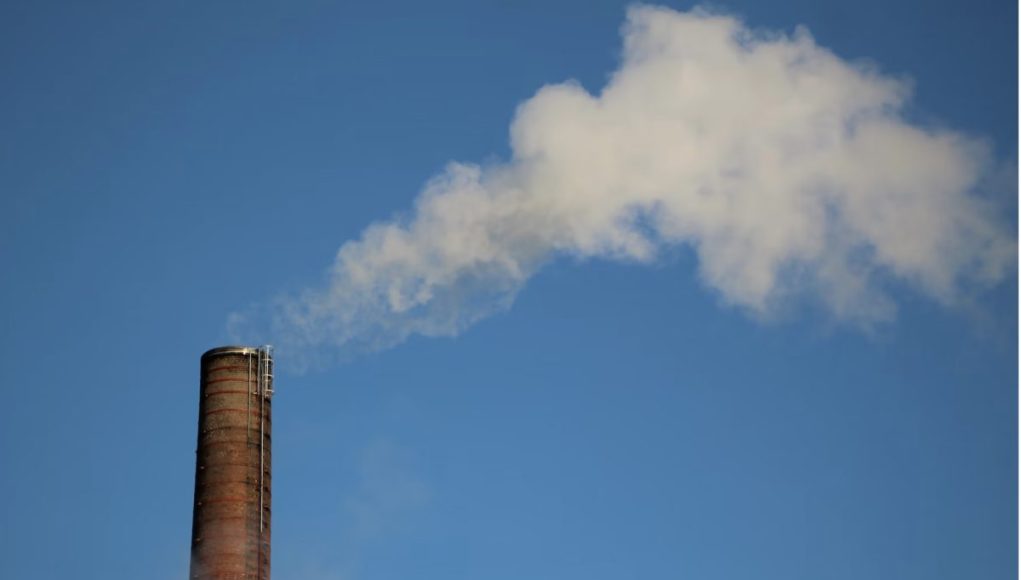INSIGHT by ClientEarth
The Court of Justice of the European Union (CJEU) dismissed today the European Commission’s request to force the Bulgarian government to pay financial penalties for exceeding the legal limits for dangerous particulate matter (PM10), and for failing to take the necessary measures to keep periods of illegal levels of pollution as short as possible.
This was the first Commission infringement action demanding penalties for illegal levels of air pollutants to reach the CJEU. Despite levels of PM10 having exceed legal limits in Bulgaria since 2005, the CJEU ruled that the Commission did not establish “with sufficient clarity” that Bulgaria is still failing to comply with the law.
This was the first Commission infringement action demanding penalties for illegal levels of air pollutants to reach the CJEU. Despite levels of PM10 having exceed legal limits in Bulgaria since 2005, the CJEU ruled that the Commission did not establish “with sufficient clarity” that Bulgaria is still failing to comply with the law.
Environmental lawyers at ClientEarth say that the slow and ultimately futile outcome of the Commission’s infringement procedure highlights that the current EU air pollution laws are not enough to hold governments to account when they fail to comply and that significant changes to these laws are needed to enable enforcement action at national level.
The CJEU’s ruling was triggered by the European Commission’s infringement procedure and follows Bulgaria’s failure to comply with a previous judgment of the CJEU in 2017, which found that Bulgaria “systematically and continuously” exceeded legal limits for PM10 set out in the EU Ambient Air Quality Directive (AAQD) for the protection of human health.
ClientEarth lawyer Ugo Taddei said: “Today’s ruling is devastating news for Bulgarian citizens, who are forced to breathe toxic levels of air pollution while the government gets off scot-free.
“The ruling shows that there is a blatant enforcement gap in the current AAQD and that relying only on EU-level enforcement to hold Member States to account is clearly insufficient to protect people’s health.
“Current air pollution laws mean citizens are unable to take stronger and faster legal action against their governments, despite being the ones to feel the direct health impacts of inaction.”
“Current air pollution laws mean citizens are unable to take stronger and faster legal action against their governments, despite being the ones to feel the direct health impacts of inaction. It is a stark example of why the EU needs to introduce more effective access to justice and enforcement provisions in its laws to ensure governments comply with air quality standards.
“The revision of the AAQD is a golden opportunity to fill this void and make sure the new standards are respected, so people don’t have to wait another two decades before they can breathe healthy air.”
| about
ClientEarth is a non-profit organisation that uses the law to create systemic change that protects the Earth for – and with – its inhabitants. We are tackling climate change, protecting nature and stopping pollution, with partners and citizens around the globe. We hold industry and governments to account, and defend everyone’s right to a healthy world. From our offices in Europe, Asia and the USA we shape, implement and enforce the law, to build a future for our planet in which people and nature can thrive together.
| All opinions expressed are those of the author and/or quoted sources. investESG.eu is an independent and neutral platform dedicated to generating debate around ESG investing topics.








